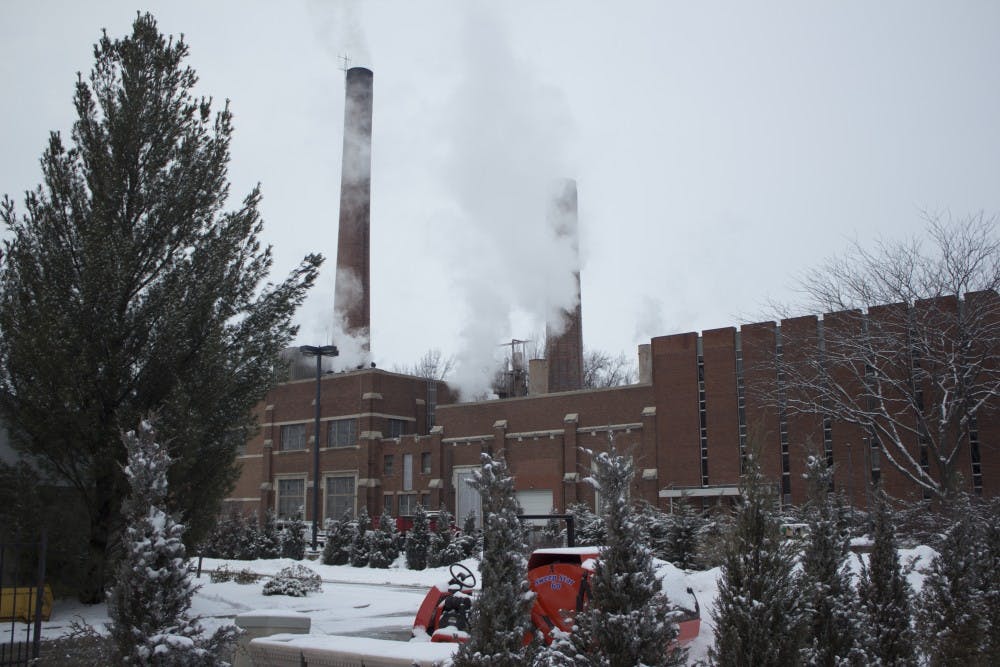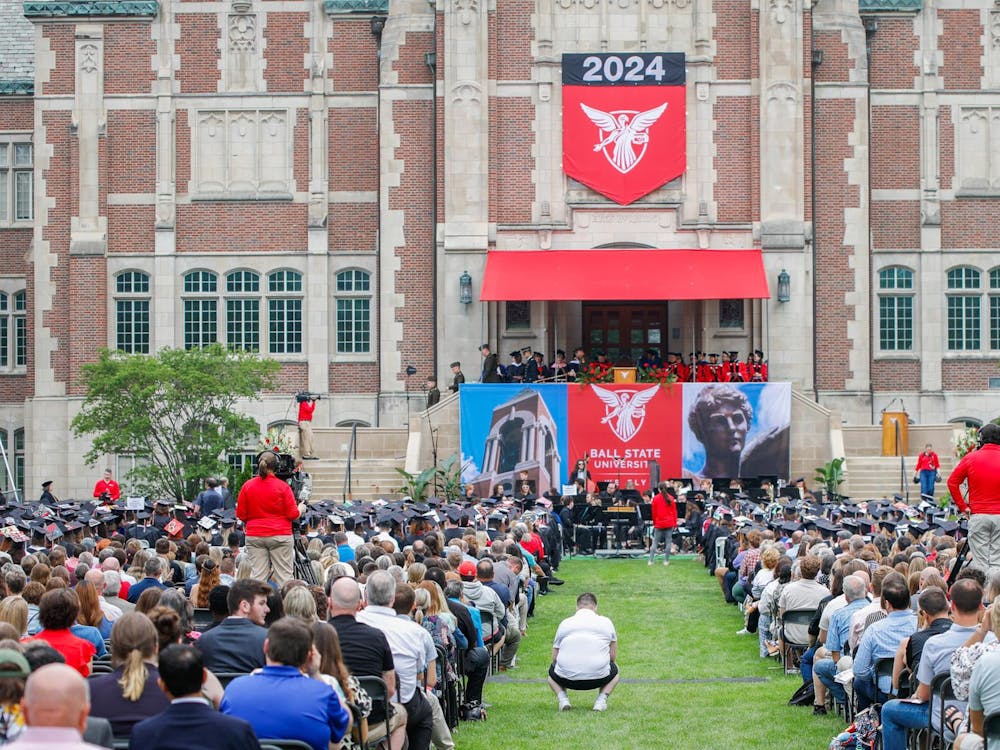• University to stop using coal to make heat.
• Instead, Ball State will use a geothermal system.
• When completed the schools system will be largest in nation.
Ball State’s coal-fired steam plant, a stern brick fixture on campus for 90 years, will shut down next month as the university’s groundbreaking geothermal system takes over.
The new system, which includes a vast network of pipes that take advantage of the earth’s constant underground temperature across campus, will cut the school’s carbon footprint in half, said Jim Lowe, director of engineering and construction operations.
“There will be a $2-million-a-year saving because it is so efficient,” Lowe said.
With the coal plant’s aging equipment in need of an update, the university had to decide between getting a new coal system, using natural gas or depending solely on geothermal energy.
A new coal system would need new equipment to limit emissions, which would have cost an additional $20 to $25 million. Natural gas would become more expensive to maintain over time, Lowe said.
In selecting geothermal energy, Lowe said Ball State chose a closed-looped vertical system, which stores heat underground during the summer and uses it later during the winter. The system uses the two wells installed on the north and south side of campus. Lowe said the biggest challenge is to make sure there is a constant ground temperature of 55 degrees.
The university completed installing the first phase of the system in 2009 and Lowe said the second is on track to be completed by January 2016. He said the funding to complete the second phase was provided last April.
The Indiana General Assembly gave a $5 million U.S. Department of Energy Grant in 2009 and appropriated another $30 million last year.
When Ball State’s geothermal system is complete, it will be the largest ground-source closed-loop geothermal system in the nation.
Lowe said he hopes other universities and organizations can follow in Ball State’s footsteps.
Christine Mitchell, co-president of the Ball State Emerging Green Builders student group, said her group supports the geothermal system.
She noted that Ball State has already made an effort to become more sustainable, such as its latest effort to make recycling more available in dining halls.
“Coal, like all fossil fuels, is a limited resource,” she said. “Additionally, in the long term, alternative energy is cheaper than conventional methods.”





